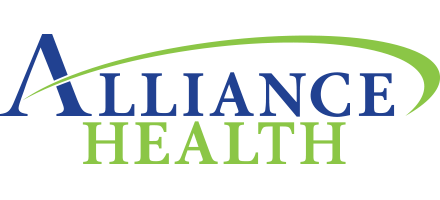Movement is Medicine: Fit After 50 – Does Getting Older Mean We Have to Get Slower and Exercise Less?
The aging process is inevitable and one that we cannot totally control. Sure we can eat right, exercise, make good health choices like choosing not to smoke and limiting our alcohol intake, however at the end of the day, or year, we are older and our tissue and body is changing.
According to nearly all the research available there are three key things that begin to change as we age. The key three things include decreased aerobic lung capacity, declining muscle mass and an increase in body fat. These key things seem to become the most obvious in our 50s. Of course the question we all want to know is what can we do about it?
The good news is we can fend off those changes according to recent research.
A new study was published this week in the journal of Cell Metabolism comparing how different exercises programs affect young and old participants. Dr. Nair and his associates combined “young” (age 18-30) and “older”(age 65-80) participants into three different exercise programs. The first group performed high intensity interval training (HIIT). The second group performed strength training exercises for the upper and lower body. And the third group performed a combination of both aerobic (although not as intense as the HIIT group) and strength training.
The results were nothing short of amazing! First and foremost, it is important to note that ALL forms of exercise improved each individuals overall fitness including cardio-respiration and increased insulin sensitivity (lowers likelihood of developing diabetes).
The HIIT group yielded the greatest results with the biggest benefits. While both age groups (young and older) saw improvement, the older participant group had an astounding 69 percent increase in mitochondrial capacity, compared to the younger group who had a 49 percent increase. Mitochondria are the infrastructure of a cell that produce energy, much like a battery provides energy for a device to function. In addition they found that HIIT also increased the production of proteins and enhanced protein abundance in the muscle.
So adding intensity to your workouts, especially as we age, is critical and may even be more critical than adding volume. If you are going to add HIIT be sure to add into your program slowly starting with 1-2 times per week and allowing for rest/recovery. The best way to find out what works for you is to test different strategies and measure the results.
Speaking of rest/recovery, these needs change as we age. Recovery and growth of muscles happens when we sleep. In fact, sleep may be the most important aspect of recovery. Look for ways to improve your ability to sleep by making changes to your environment (comfort, darkness, quiet, temperature), and your sleep prep routine (what do you do in the hour before bedtime) things like reducing light, reducing noise and creating calmness.
The last key to the equation we need to discuss is nutrition. Research shows that as we get older, we need more protein in our diet. As we age our metabolism begins to slow down. So eating the right combination of foods and the right amount becomes more important. Adding more protein to your diet will help with muscle maintenance and growth. Carbohydrate intake is important to properly fuel your body, however, overdoing carbohydrates may contribute to an increase in body fat.
The good news is, although after 50 we may begin to notice the aging process, we are once again learning that exercise is medicine and that it is never too late to start.
For additional information on HIIT check out American College of Sports Medicine.
Fast After Fifty: Joe Friel
If you have any questions about this article, contact Dr. Chris Telesmanic, PT, DPT, OCS at chris@alliancehealthfresno.com. Learn more about movement, fitness and health in this space each week or by visiting www.alliancehealthfresno.com, or calling 478-5833.
This article first appeared in the Hanford Sentinel, Movement is Medicine column, written by Alliance Health.



